Do coffee makers really save you money in the long run? The math says yes
Coffee machines seem like a luxury, but they're also a savvy alternative
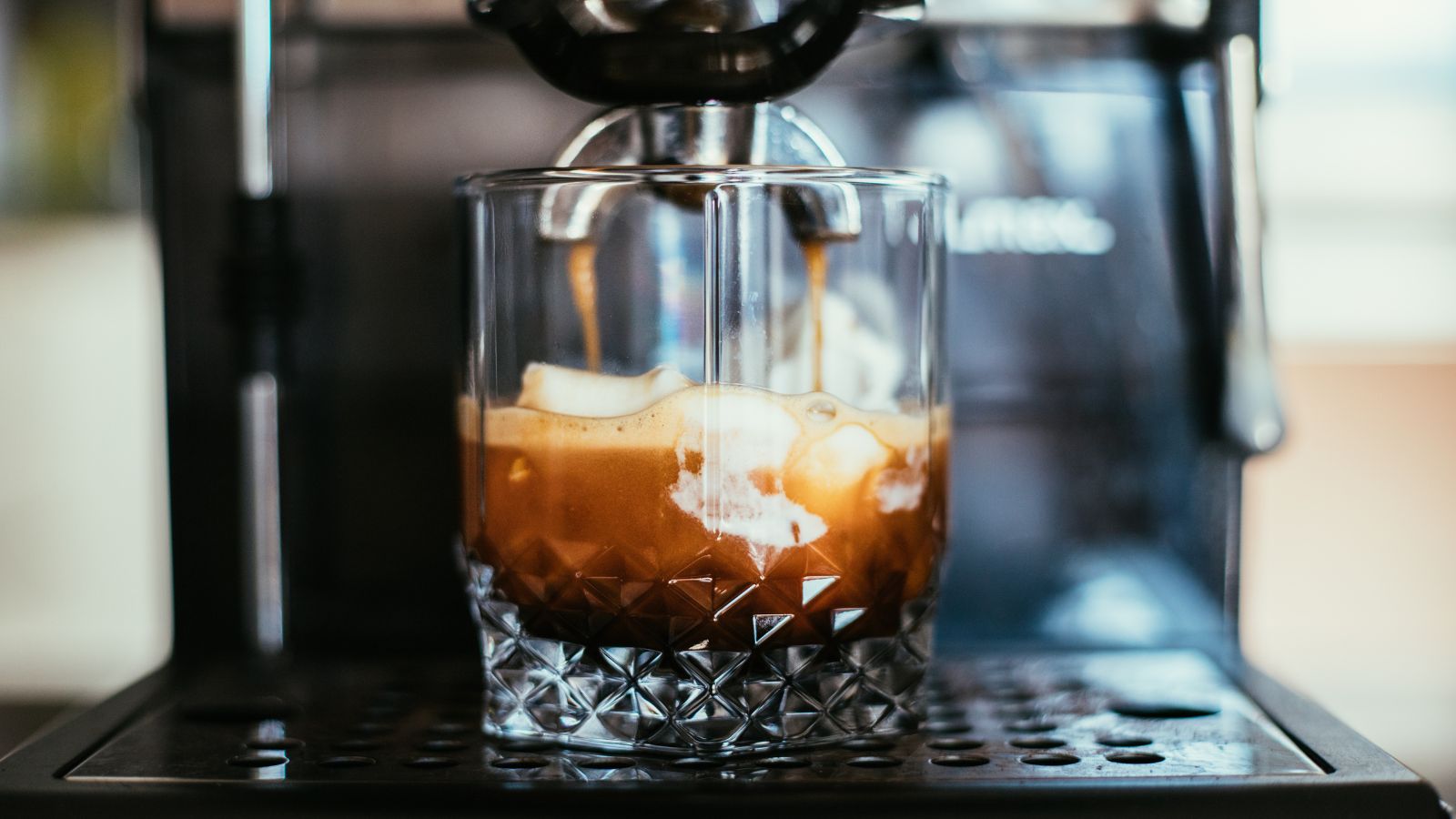

Coffee makers are often perceived as life's luxuries, but did you know that your coffee maker can also be saving you money? Swapping coffee shop trips for sipping espresso in the kitchen can save you thousands of dollars over just a year. If you like your daily dose of coffee, you will want to see these numbers.
The amount of money you save by investing in a coffee maker depends on the type of coffee maker that you choose to buy. A simple French press will cost you between $20 and $100, so that's easy math. Espresso machines can be expensive – some cost thousands – but even then, they can be a worthwhile investment. If you choose the right machine, investing in a coffee maker is a financially sound decision.
I spoke with baristas, money-saving experts, and coffee maker advocates to find out how to avoid wasting money on coffee. So, if you're wondering 'Does a coffee maker save money?', the answer is yes – and a lot of it too.
Why would I buy a coffee maker?
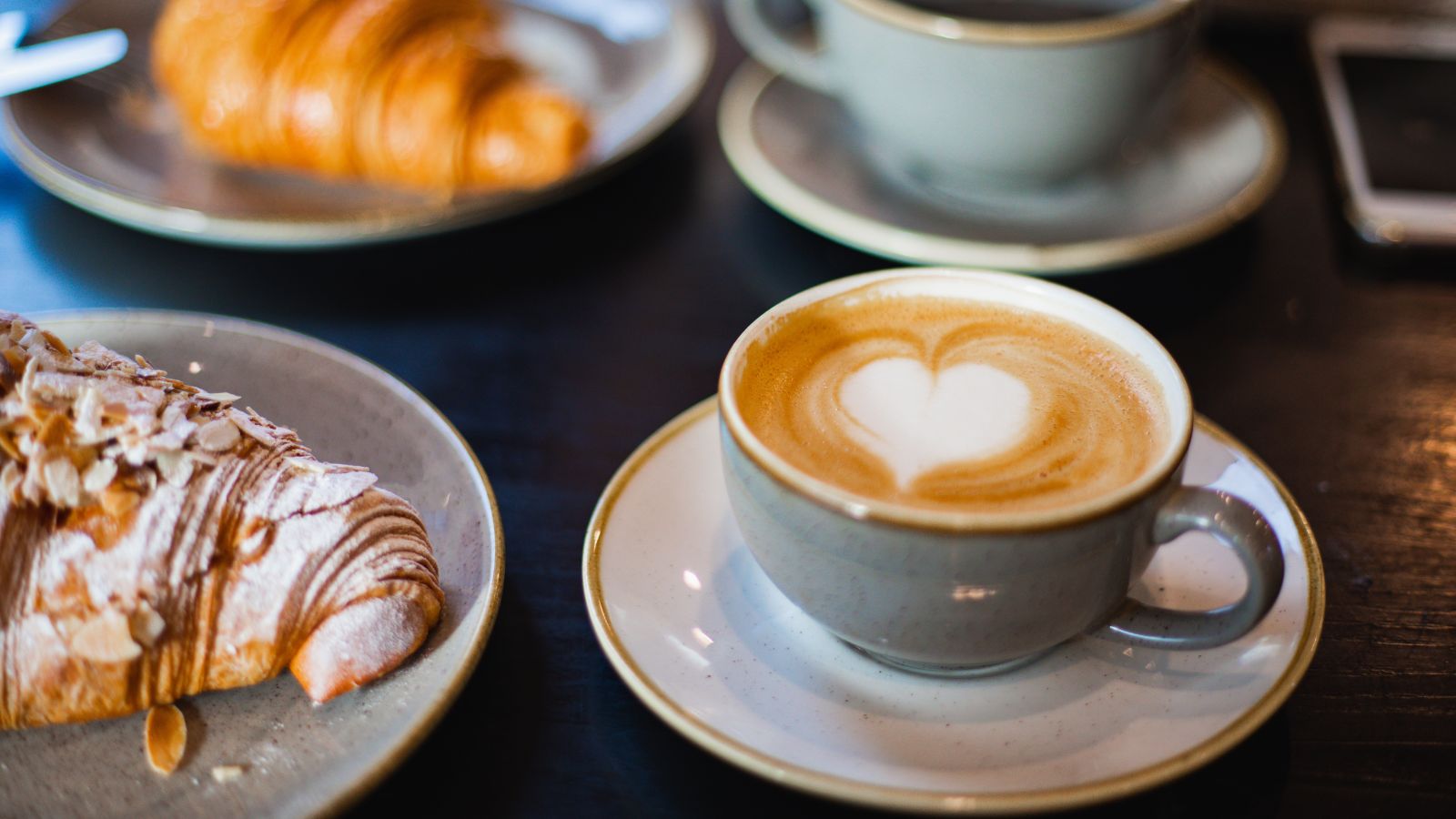
Coffee makers are an excellent addition to your kitchen. Waking for freshly brewed coffee can elevate your morning routine: there’s no need to get changed; stand in a long queue; make special requests to a barista; and have your name misspelled and mispronounced ten minutes later.
You can make your own coffee, exactly how you like it, in the comfort of your own home. Some coffee makers can do this at the touch of a button, and others need you to be more involved, but it’s a personal choice. Coffee makers can suit other tastes, too: if you have tea drinkers and hot chocolate lovers in your home, a coffee maker can cover all bases. Whether these drinks are daily essentials, weekend treats, or some-time drinks, it can save you money and be a lot of fun too.
Do coffee makers save money?
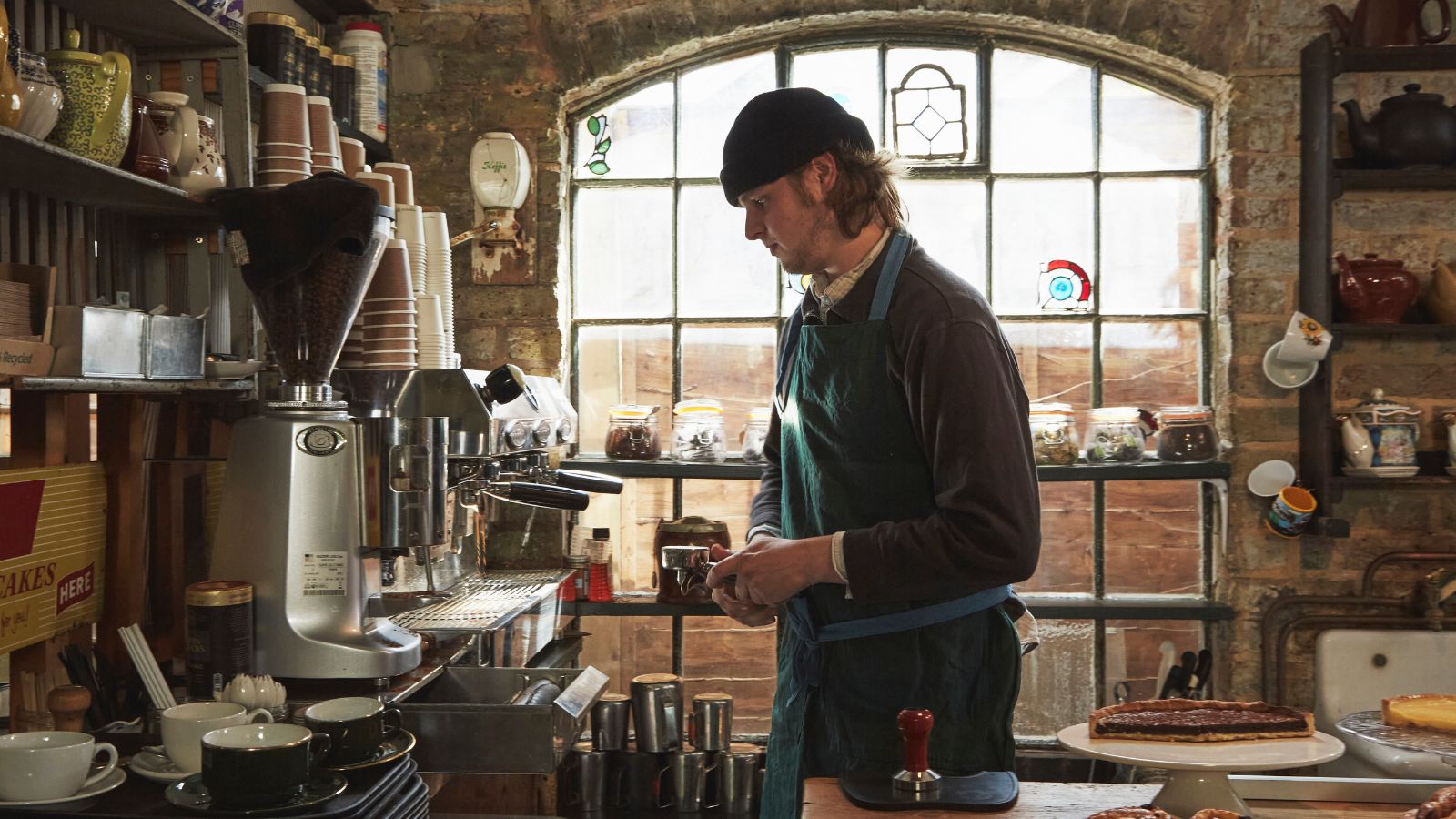
The proof lies in the math. I’ll do it for you, but let me give you a spoiler alert: you’ll save at least $6,000. If you drink coffee every day, you’ll be spending at least $3.65, the cost of a Starbucks latte. That’s $25.55 per week, which is $1,328.60 in a year. With the same money, you could buy a year’s supply of top-quality Union coffee beans ($115.38 for 6.6lbs which should last a year), my favorite espresso maker (Breville's The Barista Pro, which is $849.95 at Best Buy); and still have $363.27 left over. That will more than cover the cost of running a coffee maker (electricity will cost $3 and water will be similar). Espresso makers should last at least five years, so you will be saving at least $5,700 over the course of five years.
This math works for those who enjoy a cup of coffee every day, and accounts for some of the most expensive machines, because the committed coffee drinkers will want quality too. If you don’t want espresso or lattes, drip coffee makers won’t cost more than $350 and our favorite, but most expensive, French press costs $120. Pour-over coffee makers like this Chemex, available at Amazon, are even cheaper. Judging by my math, these will pay for themselves too. If you only drink coffee on the weekends, or when you’re hosting, a drip coffee maker or even a French press will be more than enough.
Don’t just take my word for it. Susan Anderson, founder of The Worthy Goods, a publication focused on helping conscious purchasing decisions, recommends coffee makers for saving coffee in the long run. She told me that ‘A French press is a great, more affordable option, even though the coffee might not be as good as the one from your favorite barista.'
As a former barista, I’d beg to differ – with a little thought you can make incredible French press coffee. It’s easy to achieve barista-quality lattes and cappuccinos with a milk frother, but I get it. Everyone enjoys having a coffee made for them.
Best automatic coffee makers
Of all the coffee makers we tested, these were our favorite appliances. They’re more of a financial investment than a single cup of coffee, but you can see that they make sense in the long-run.
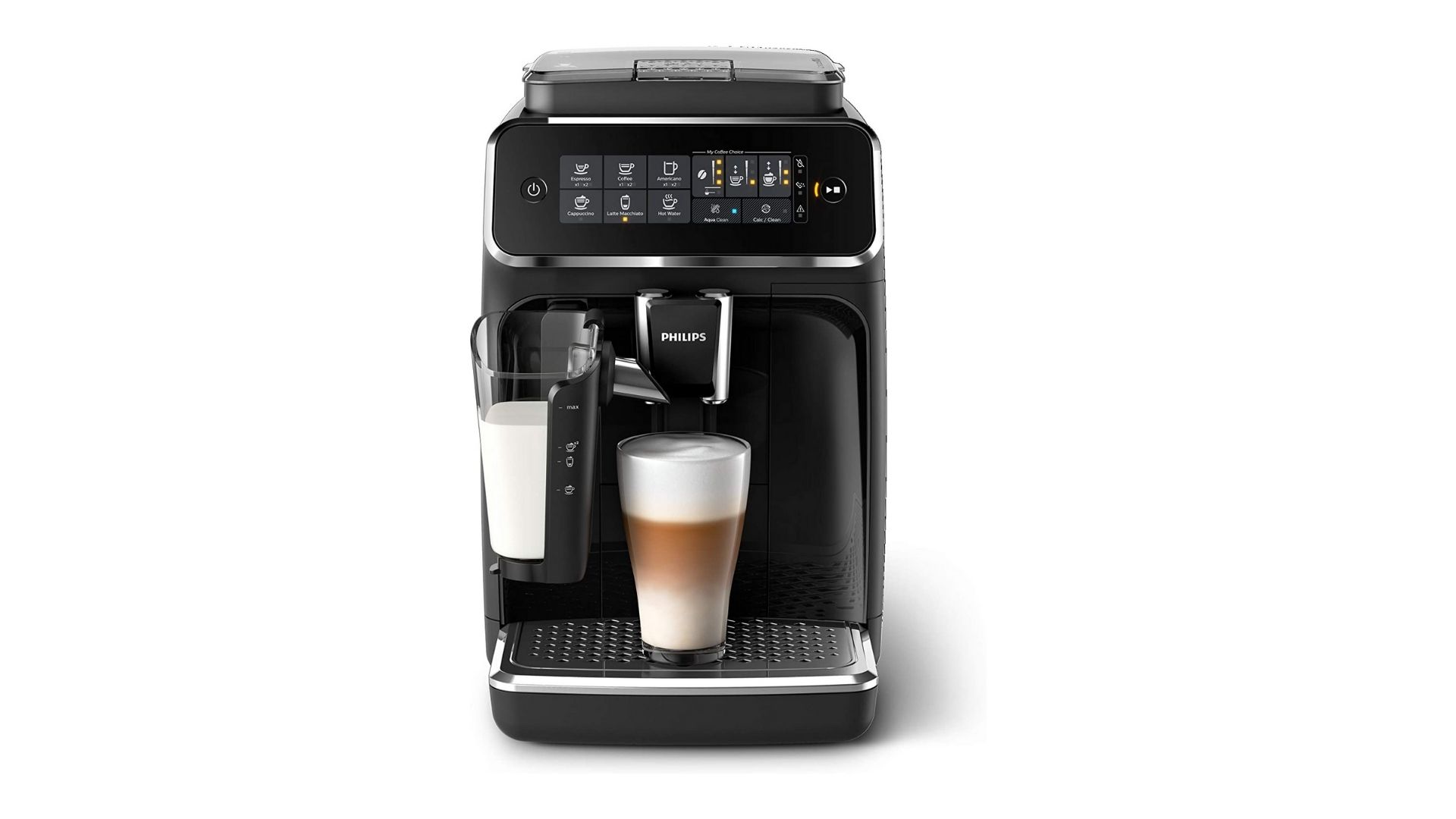
For $800, this is coffee luxury. At the touch of a button this coffee machine can make automatic, barista-quality brews. When we tested it, we loved the milk frothing system, which makes the perfect, smooth cup of coffee. This is a great investment if you like a range of coffees, from espresso to cappuccino.
For
- Range of coffee options
- Automatic
- Good milk frothing
Against
- Big upfront cost
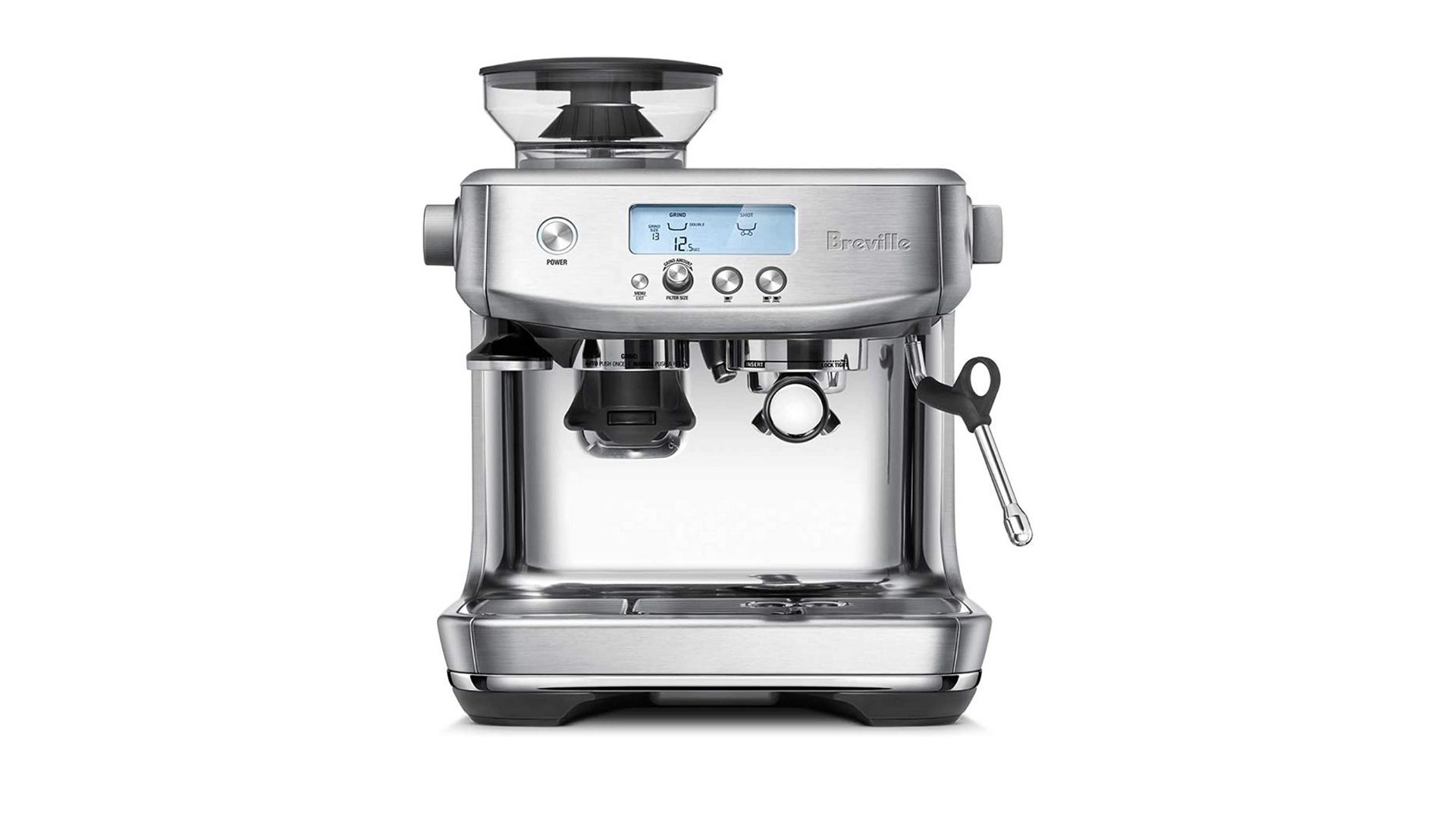
At $850, The Barista Pro is an investment, but one that I would be willing to make. It’s a more hands-on machine, since you’ll need to lock in the portafilter to get your espresso. The milk want can do most milk frothing by itself, but again, will need more support from you. It’s a brilliant machine if you want custom coffee.
For
- Makes quality espresso
- Milk frothing
- Barista-style coffee
- Customisable taste profile
Against
- Hands-on
- Expensive
Which coffee makers save the most money?
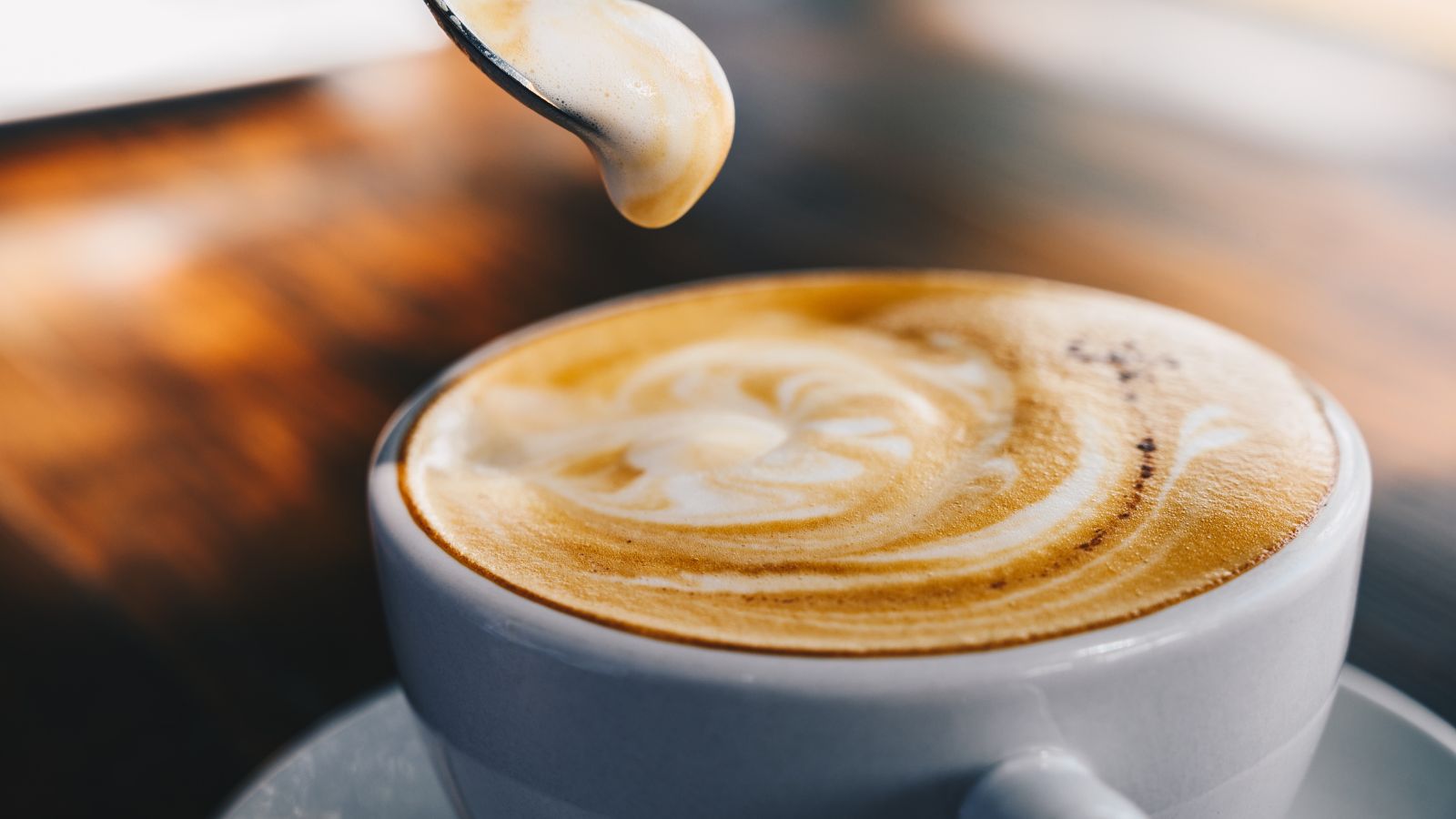
There are ways to save even more money on your coffee machines: you can start by looking for more energy-efficient machines. Alternatively, there are manual French presses and pour-over coffee makers too. These will only require you to boil a kettle. Espresso machines, coffee makers, and drip coffee use more energy, but this is not much more than boiling a kettle. In short, all of your coffee makers will save money in some way. French presses and pour-over makers save the most, but they might not deliver the same barista quality as an espresso machine or coffee maker will.
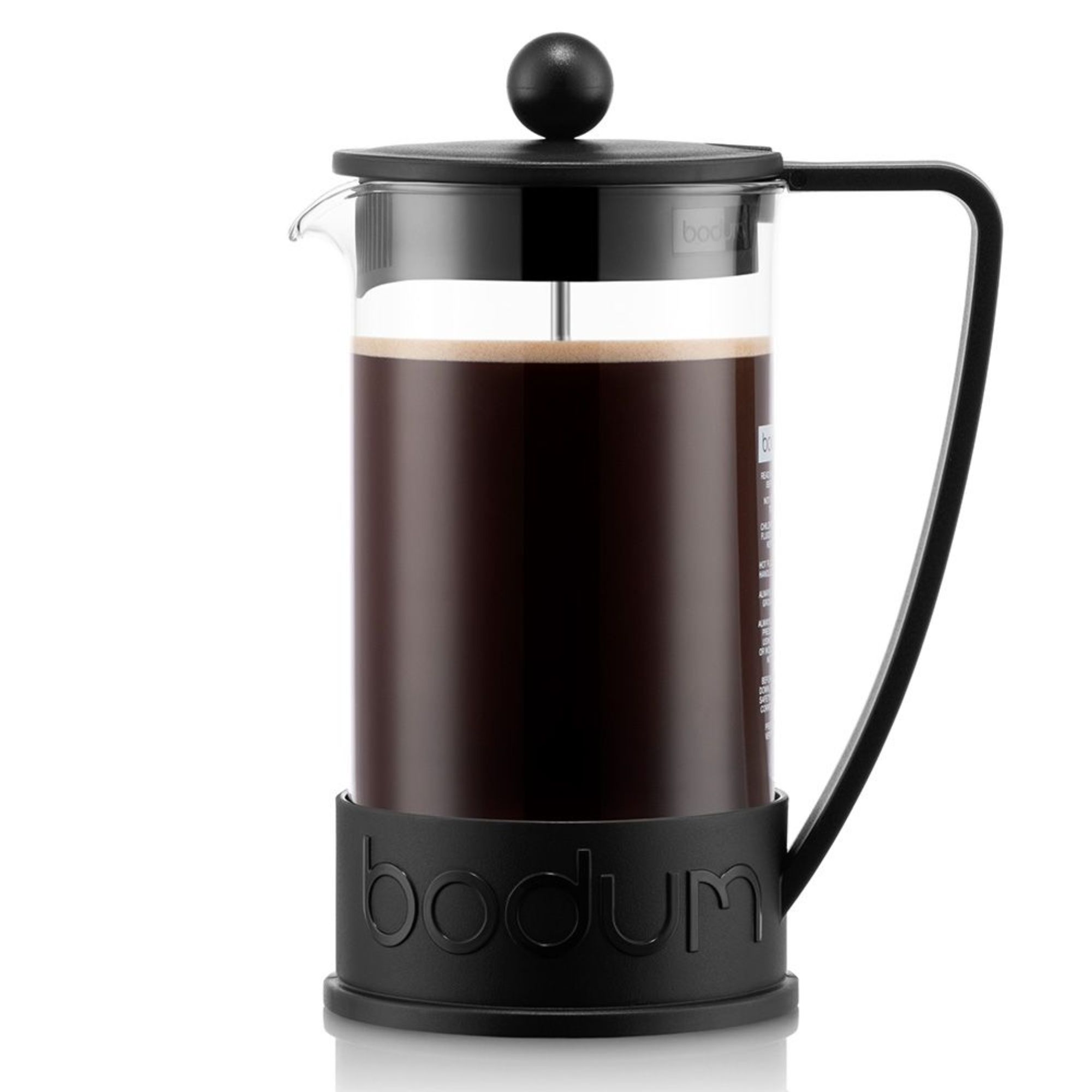
This is one of the best French press coffee makers on the market and it costs less than $20. People spend more than that in just a week.
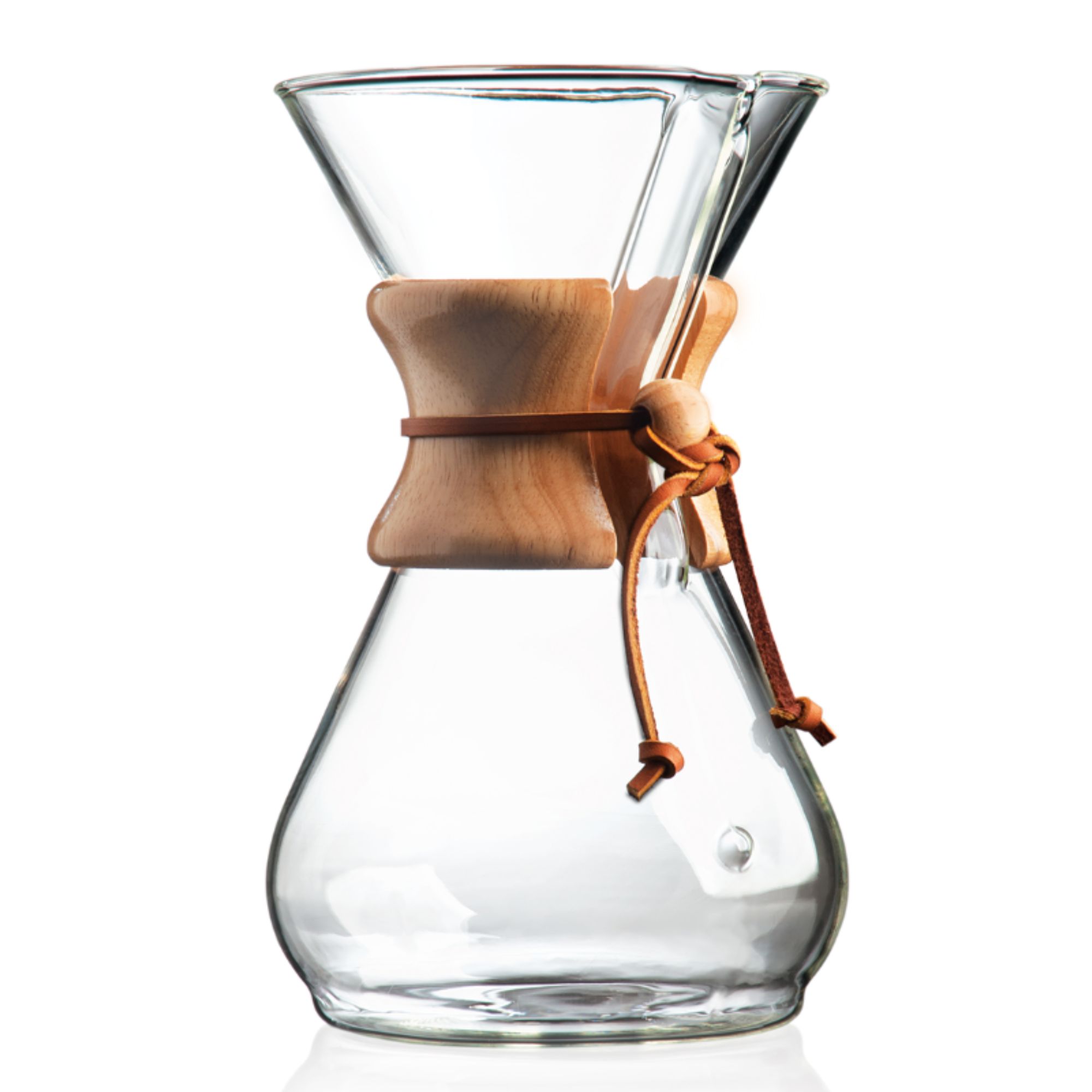
This is an iconic pour-over coffee maker. You can make everything from cold brew coffee to hot, delicate drinks in the large glass carafe. It's a brilliant investment.
Best affordable coffee makers
If you’re looking for inexpensive options, these are good alternatives. The French press and pour-over coffee makers have good, filter coffee flavors. Drip coffee makers strike a neat mid-point, for flavor and cost.
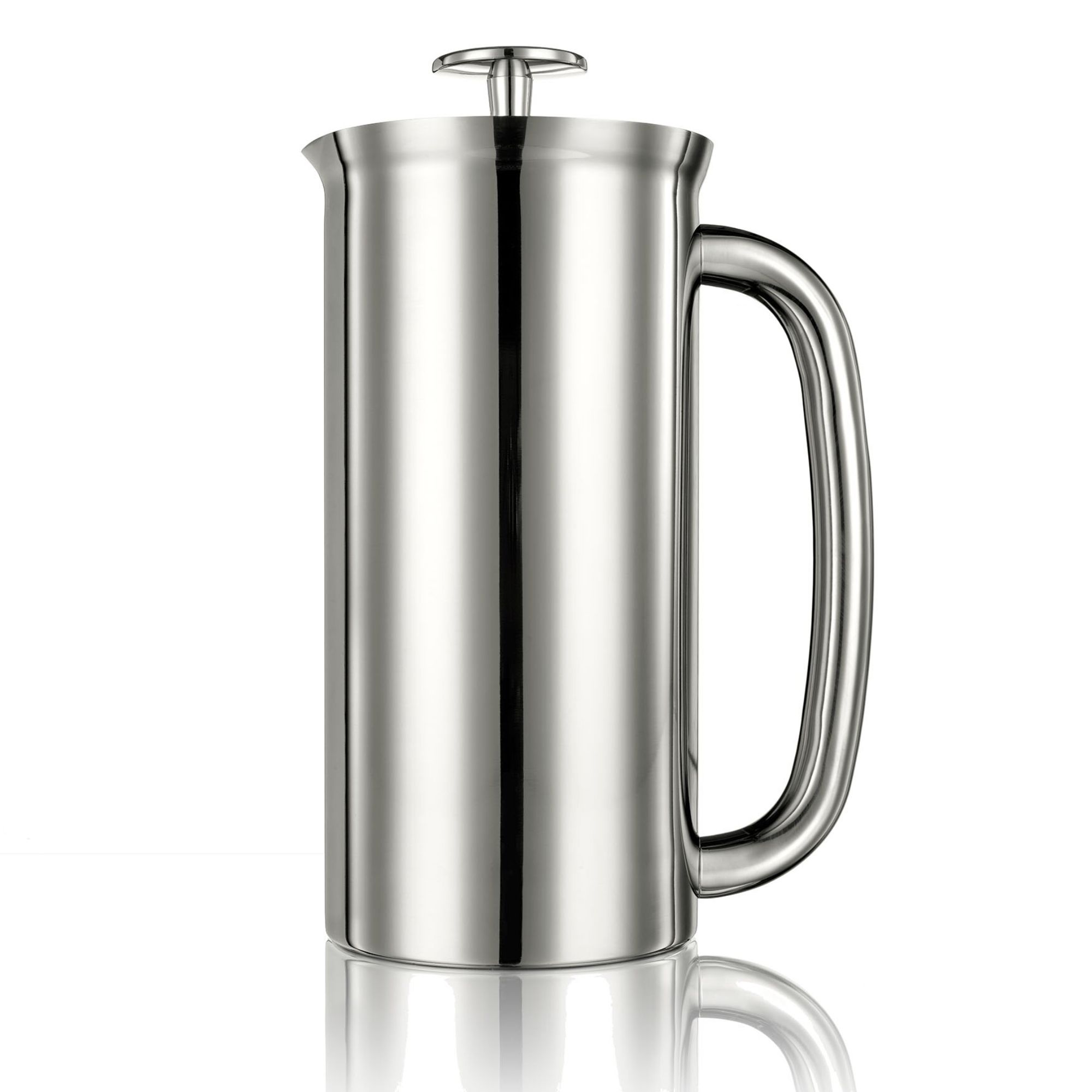
My French press makes some of best brews that I have at home. The flavors are rich and a little acidic, the process is easy, and the cost for a French press is minimal. The Espro costs $150, but is worth every penny. It’s made from stainless steel, double filtered, and is well-insulated. You’ll not have any problems with it.
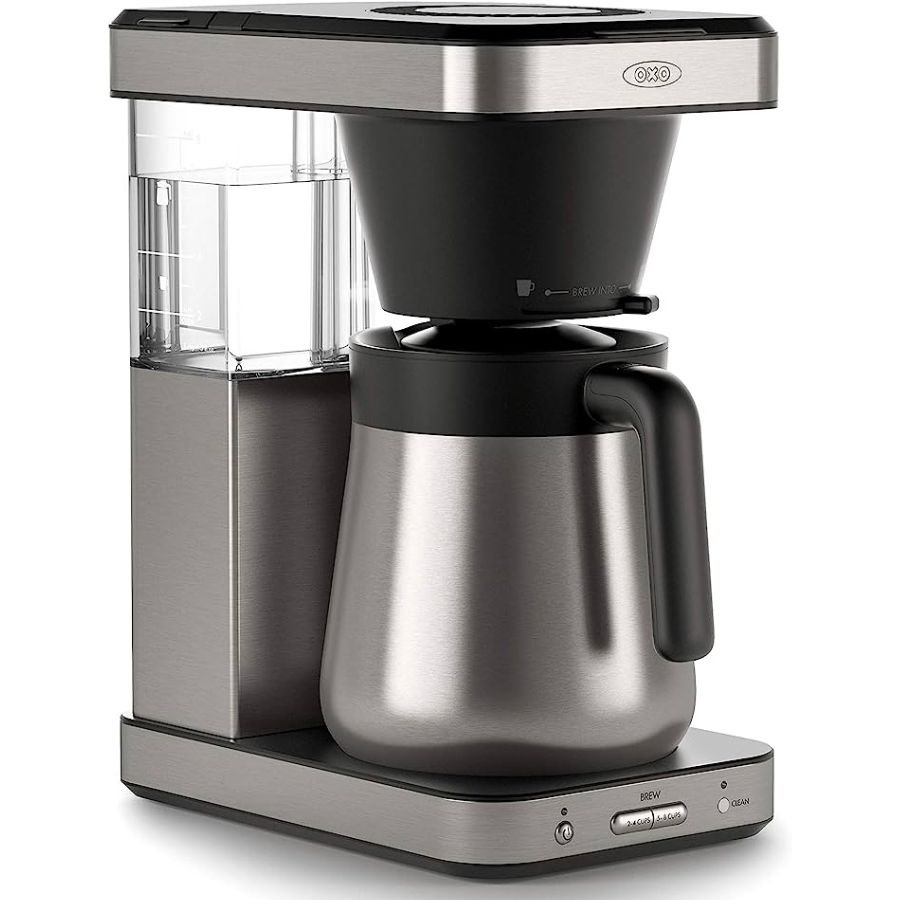
Drip coffee makers require a little more investment, but they’re still more affordable than an espresso or coffee maker. The OXO drip coffee maker costs around $200 and has won awards for the quality of coffee it brews. It’s still very filter-style and delicate, but it’s reliably smooth and can cater for up to eight people at once.
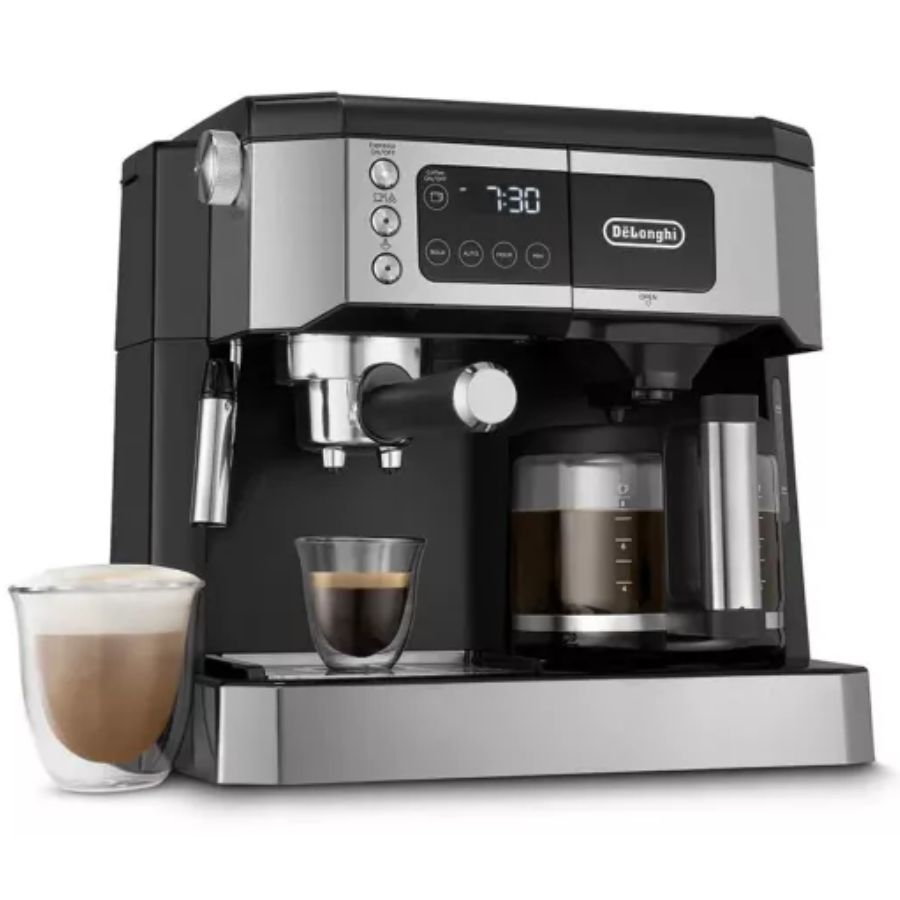
The De'Longhi All In One is an exceptional value coffee maker. It can make espressos if you want hands-on barista-style coffee. However, if you're looking for a laid-back approach, the drip coffee is very hands-off and produces fantastic results. It's one of our favorite coffee makers, because of its sheer versatility and value.
How do I balance investment and quality?
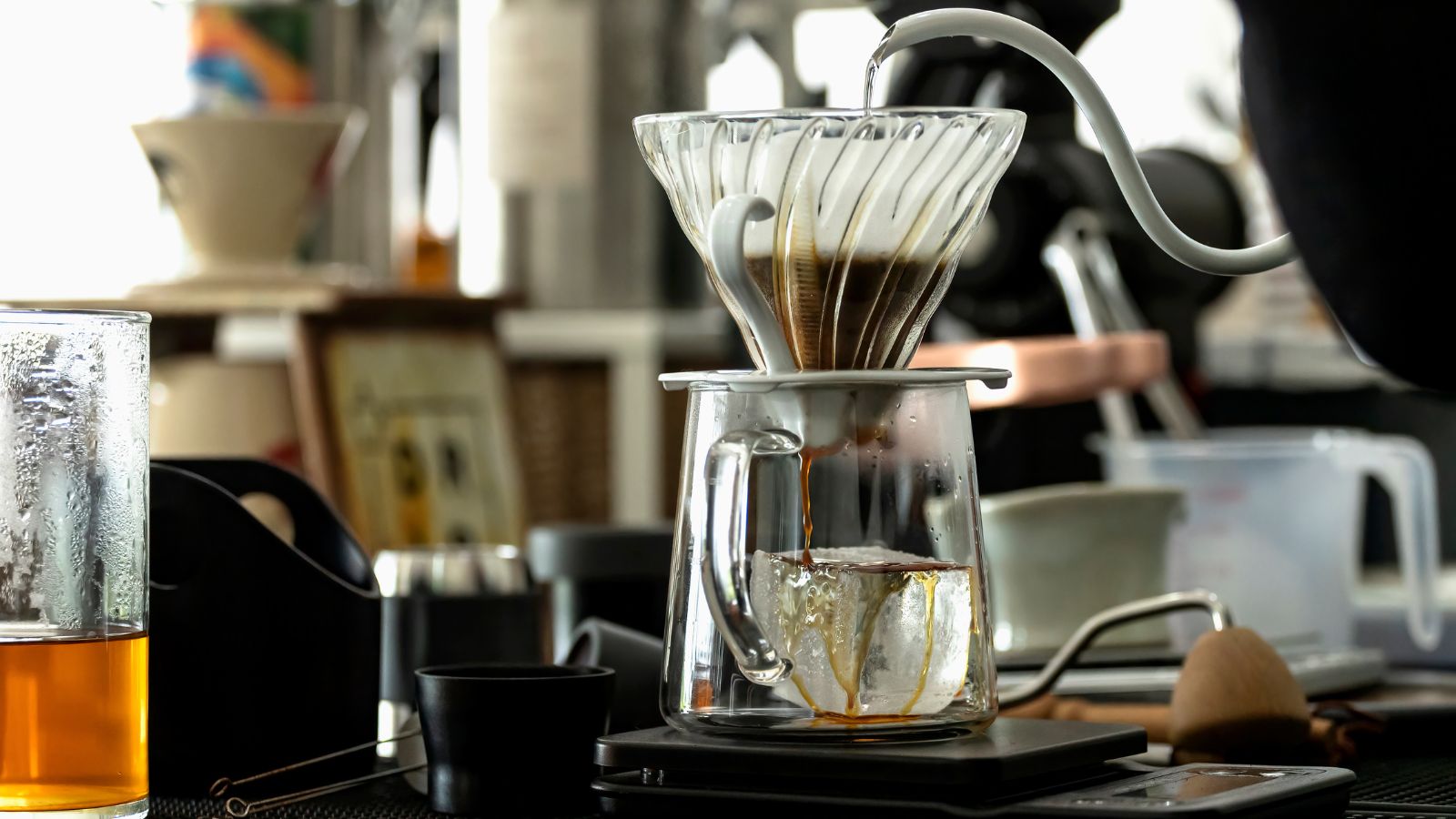
If you really want to save, but you love good-quality coffee, you might find yourself in a dilemma. I spoke with coffee experts to find the perfect balance of where to spend and where to save your dollars. Lukas Van Vyve, founder of Emergent Brew, recommends French presses as ‘A more affordable option that still gives you a rich and flavorful cup of coffee. Whilst the taste may vary from your favorite barista’s, many people find their French press coffee satisfying.'
Kelsey Waddll from Roasty Coffee suggests pour-over coffee as an ‘excellent choice when it comes to balancing cost-effectiveness and delicious coffee’. Pour-over can have a more delicate flavor than your barista’s brew, but Kelsey loves it as ‘a simple and inexpensive method that can deliver flavorful results. The pour-over method allows for precise control over the brewing variables, such as water temperature, brew time, and pour rate. In fact, it’s the chosen brewing method of straight-up coffee in many small coffee shops.'
As a barista, I would always recommend an espresso machine. This is what specialist coffee shops will use. It delivers high pressures and high temperatures to extract the most delicious and aromatic oils out of your coffee. They might cost more than a French press or pour-over machine, but you won’t compromise on taste, at all. In fact, it’s easy to tailor your coffee to your personal preferences. Your coffee will taste better than a barista brew, aimed at generic coffee drinkers.
Are there any other extra money saving tips?
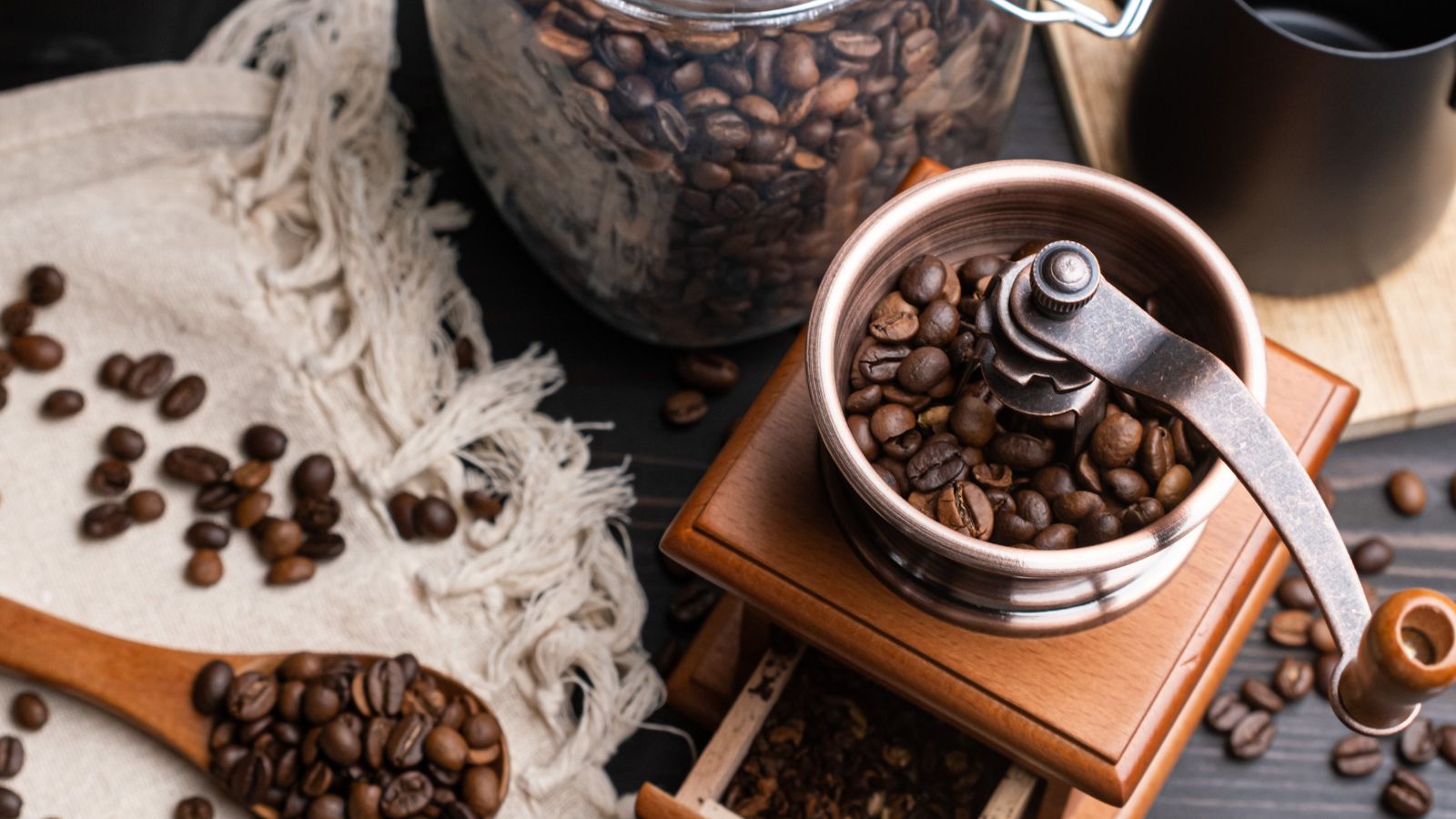
Coffee makers save you money, but if you’re looking for further frugality, there’s more that you can do. Aside from choosing an energy-efficient coffee maker, there are more subtle ways to save.
First, choose your coffee maker appropriately. There’s no need to buy a coffee maker that will froth milk and curate cold brews when you only want black coffee. We’ve carefully curated guides to the best coffee makers if you need some help. We take into account a range of variables, including price and performance. We also don’t get carried away with brand labels. In fact, we love a coffee maker that doesn’t have a premium placed on it: sometimes more affordable machines are better.
Once you’ve made your decision, make sure that you maintain your machine, so it is always at optimal performance capacity. Nick Kemble, a passionate coffee writer and drinker, recommends regular maintenance. ‘Keeping your coffee machine clean and in good shape extends its life, meaning you won’t have to replace it anytime soon. It also ensures that it’s always at optimum performance and efficiency, saving you money on utilities.'
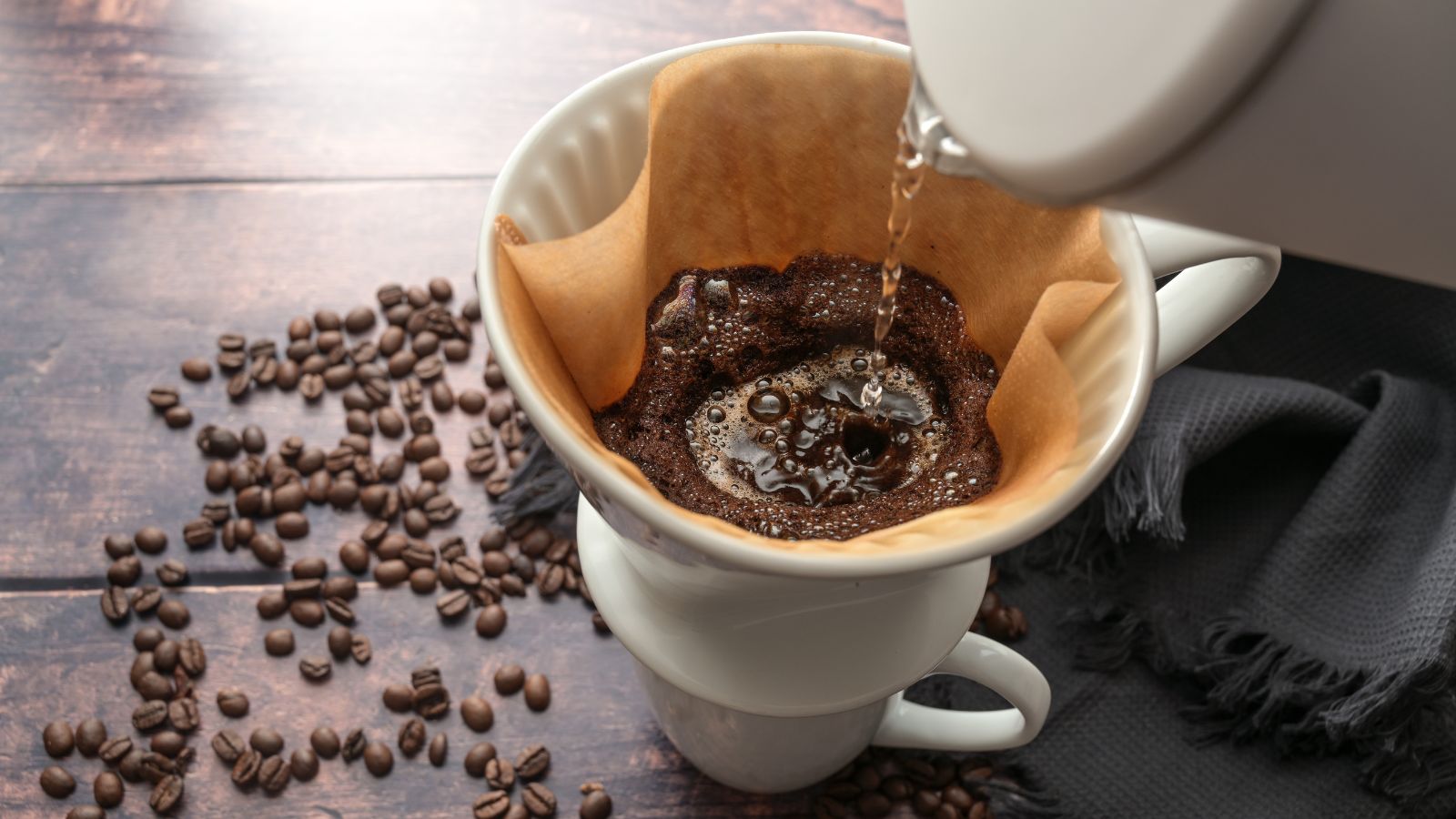
It’s tempting to buy cheap coffee when you have a more expensive machine in the hopes that they’ll balance each other out. Lukas Van Vyve has a different perspective.
‘If you buy whole beans and grind them freshly, you’ll improve the taste of your coffee whilst saving money, too’. You can buy these in bulk and store them in cool, dark, airtight containers. Not only is this a money-saving tip, I would recommend grinding at home even if it didn’t save money. You pay a premium to have your beans pre-ground, but they’ll immediately start to degrade. Store-bought grounds will have been degrading in quality for weeks. Using your own coffee grinder will make your coffee richer and more aromatic, as well as more cost-effective.
Lukas also recommends that you ‘brew in larger batches and store your coffee in a thermal carafe.' He always takes a carafe with him on longer travels and into work. That way he doesn’t yearn for quality coffee and end up splurging $5 on a cup he could have made at home.
Lukas suggests that you use reusable filters and pods instead of single-use products. If you have a pour-over or pod machine, reusable products are better for your bank balance as well as the environment.
FAQs
Is it cheaper to use a coffee maker or kettle?
A range of experts have tested coffee makers against kettles in their homes. The answer will depend on the kinds of coffee makers and kettles that you have, but, when in use, the average coffee maker uses less electricity than a kettle. If you're looking from a power standpoint, a coffee maker is the best way to save electricity.
Is it worth investing in a coffee maker?
From a mathematical and taste perspective, yes. In the long run, coffee makers will save you money. Within a year, you will begin to make savings, which can mount up to $6,000. It's also worth investing in a coffee maker for the flavor profiles of freshly ground and brewed coffee.
Why are coffee makers so expensive?
Coffee makers can be expensive for a number of reasons, especially espresso makers. More expensive appliances combine grinding and brewing coffee, so are two appliances in one. They'll also get to high pressures and temperatures, so need to be sturdy appliances. I have broken down why espresso makers are expensive in another article, where I spoke with experts, baristas, and manufacturers.
Does leaving a coffee maker plugged in use electricity?
Yes. When plugged in, coffee makers will draw power to keep themselves on standby. This might only require them to keep lights switched on, but it could be as much as keeping your water hot. It's a good idea to keep them unplugged and turned off when they're not in use.
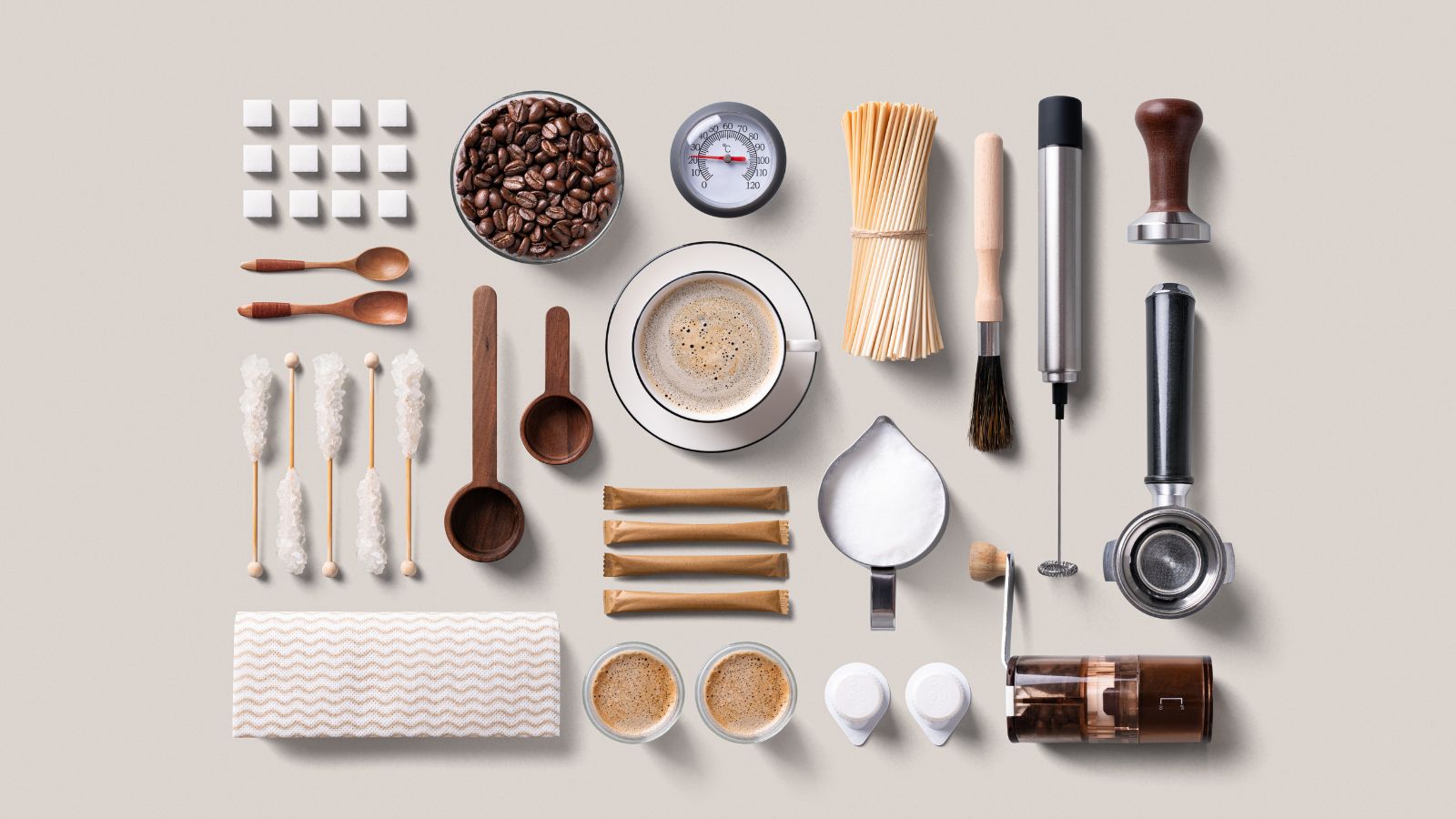
The financials of coffee makers more than add up. You can save a lot of money by brewing a cup of coffee yourself. However, I think it’s important to look at the process too. Making coffee yourself means you can find your preferences and make the perfect cup for your tastebuds, every time.
Sign up to the Homes & Gardens newsletter
Design expertise in your inbox – from inspiring decorating ideas and beautiful celebrity homes to practical gardening advice and shopping round-ups.

Laura is our eCommerce editor. As a fully qualified barista, she's our expert in all things coffee and has tested over thirty of the best coffee makers on the market. She has also interviewed Q-Graders and world-leading experts in the coffee industry, so has an intimate knowledge of all things coffee. Before joining Homes & Gardens, she studied English at Oxford University. Whilst studying, she trained as a master perfumer and worked in the luxury fragrance industry for five years. Her collection of home fragrance is extensive and she's met and interviewed five of the world's finest perfumers (also known as 'noses'). As a result of this expansive fragrance knowledge, she always puts quality and style over quantity and fads. Laura looks for products which have been designed simply and with thoughtful finishes.
-
 Charli XCX's dining room is a 'treasure-trove' of one-of-a-kind pieces – it's the most unique hosting space I've ever seen (and surprisingly replicable)
Charli XCX's dining room is a 'treasure-trove' of one-of-a-kind pieces – it's the most unique hosting space I've ever seen (and surprisingly replicable)The singer's Tudor-style dining room features eclectic furnishings, a mix of patterns and bright colors that all work together beautifully
By Hannah Ziegler Published
-
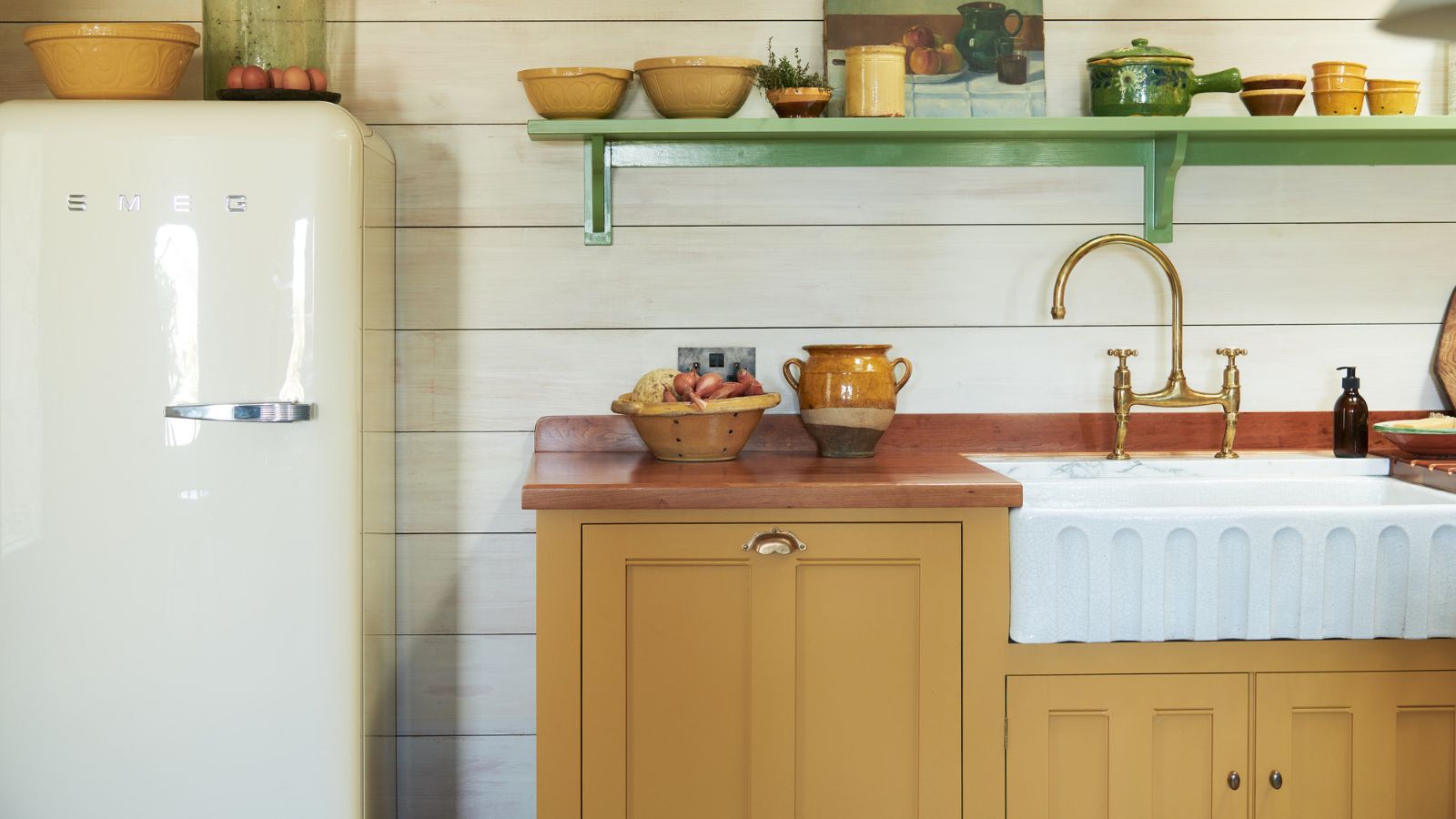 The 5 worst things you can do to your fridge – these will drive up energy costs and result in pricey and regrettable repairs
The 5 worst things you can do to your fridge – these will drive up energy costs and result in pricey and regrettable repairsIt's crucial to swerve these blunders, appliance experts warn
By Ottilie Blackhall Published